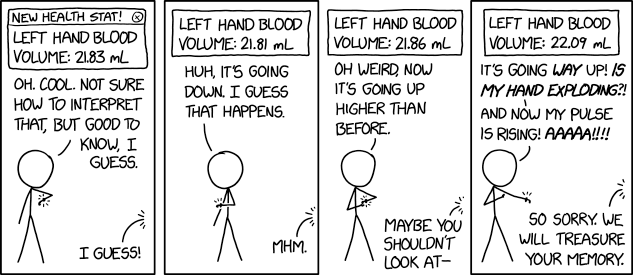Immersion. Between simulation and re-entanglement
25 January, 2026 - 19:01 by felix 
Immersion in the arts is often associated with complex, cutting-edge technology. However, this technology-focused view limits our understanding of immersion. Immersion should be seen as the normal state of perception, while non-immersion is a historically and culturally specific mode created by “old media.”
The aesthetics of contemporary immersion are shaped by digitization and climate breakdown, leading to two main directions: creating simulations or experiences of re-entanglement with the wider world. The idea that the world is in front of us goes against human experience, but was created by a techno-cultural environment, with the central perspective and printing press as key elements. Digitization and climate change challenge this notion and the belief that the world is populated by passive objects.
“Immersion. Between simulation and re-entanglement.” Widok. Theories and Practices of Visual Culture / Widok. Teorie i Praktyki Kultury Wizualnej, no. 38 (2024). https://doi.org/10.36854/widok/2024.38.2872.




















